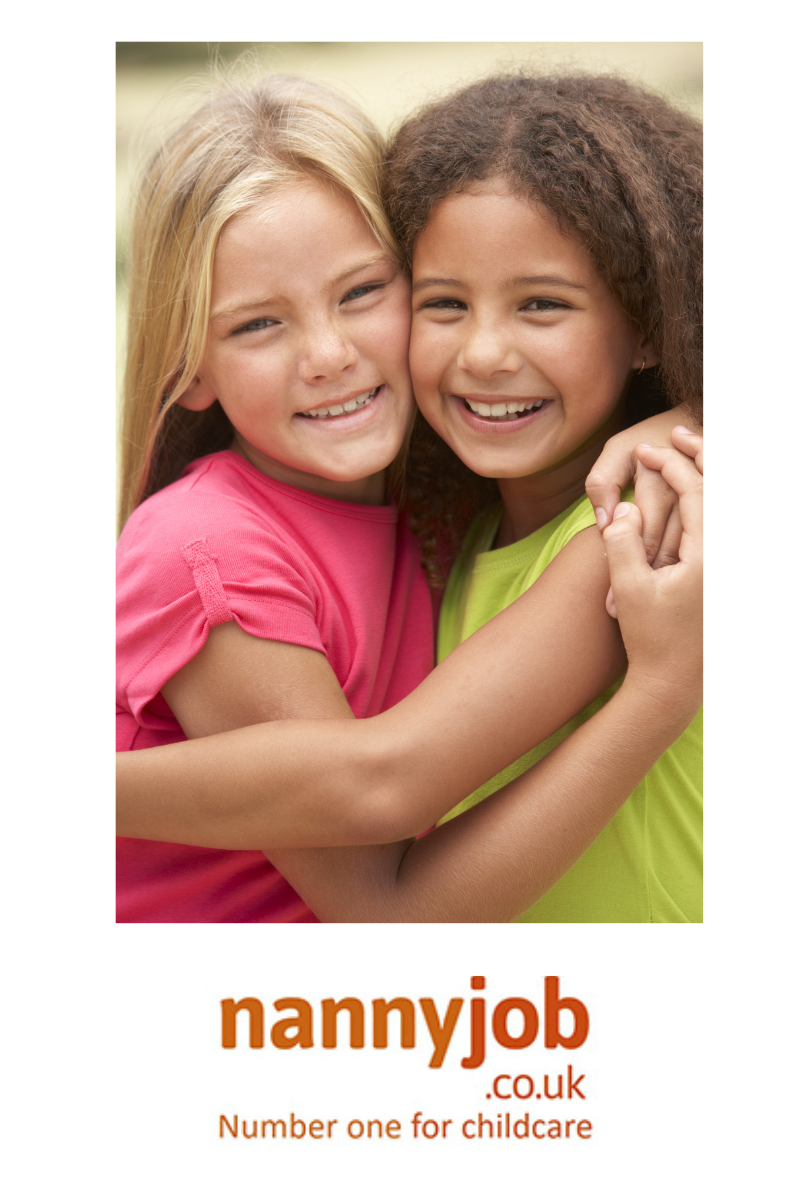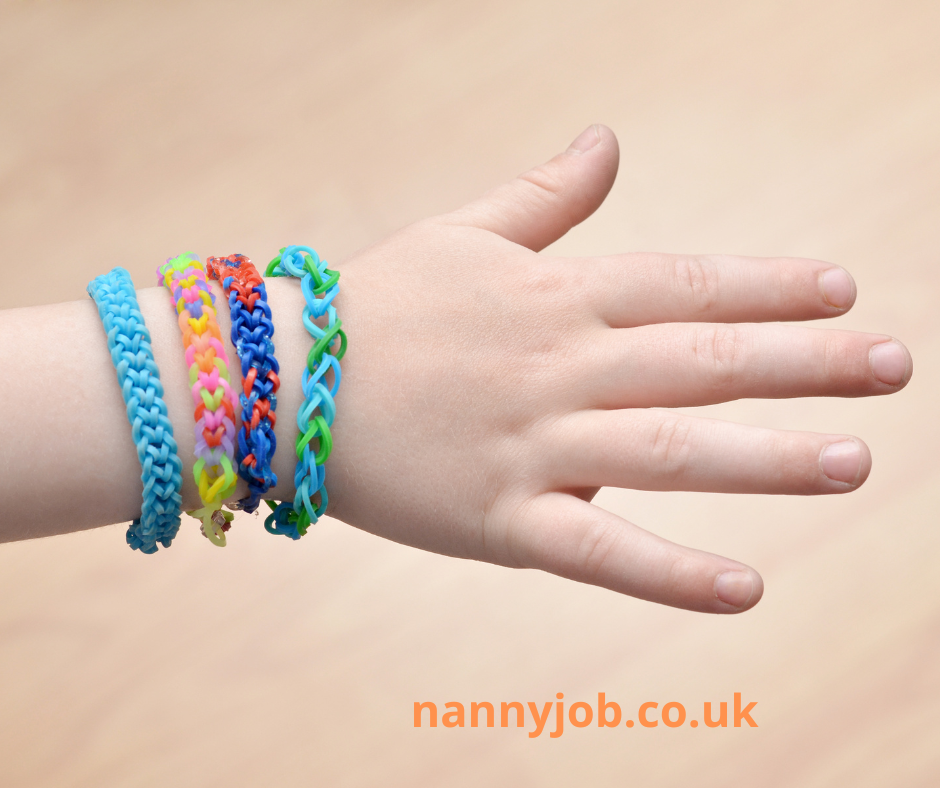As nannies and childcarers, we play an essential role in guiding children through the ebbs and flows of friendship. Children’s friendships are an integral part of their development and well-being. Understanding how these relationships evolve and how best to support children through their social challenges is crucial.
The Evolution of Friendships
Friendships can vary drastically depending on a child’s age and developmental stage:
Toddlers: Friendships at this age are largely based on proximity and shared activities. It’s not unusual for toddlers to engage in what is termed as ‘parallel play’, where they play alongside each other rather than directly with each other.
Preschoolers: As children grow older, they start to develop more complex social relationships. Friendships become more reciprocal, involving shared interests and mutual affection.
School-age children: Friendships now involve deeper emotional connections, and children start to value trust and support in their relationships.
Navigating Friendship Challenges
Children may face various friendship hurdles. Here are some common challenges and how to navigate them:
Making Friends: Some children struggle to form friendships. As a childcarer, you can support these children by role-playing social scenarios, encouraging participation in group activities, and emphasising the importance of sharing and turn-taking.
Friendship Breakups: These are inevitable and can be very upsetting for children. It’s essential to validate their feelings, let them express their emotions and reassure them that it’s okay to feel sad or hurt. Guide them towards resolving conflicts, if possible, or help them understand that sometimes friendships change, and that’s okay too.
Cliques and Exclusion: Older children might face issues with cliques and exclusion. Encourage empathy and inclusiveness and discuss the negative impacts of excluding others.
The Power of Friendship
Despite the challenges, the power of friendship in a child’s life is immense. Friends provide companionship, emotional support, and a platform to learn social skills, empathy, and negotiation. As nannies and childcarers, fostering a supportive environment for these friendships to grow and flourish will have lasting positive effects on a child’s social and emotional development.
Remember, every child is unique, and so too is their journey with friendship. Patience, understanding, and a bit of guidance can make all the difference.


